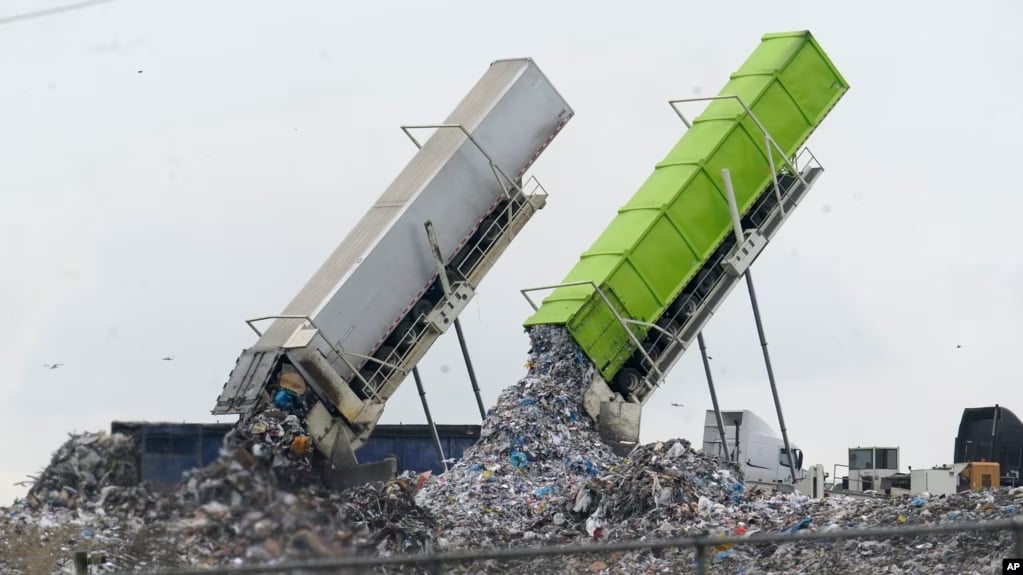Geneva: The Food Waste Index, a sub-sector of the United Nations Environment Programme, has released a report indicating that 19 percent of food produced worldwide will be wasted as waste in 2022, which is about 1.05 billion metric tons. equal to food.
According to American media, the United Nations report has also reviewed the measures taken by countries related to the goal of halving food waste by 2030.
The report emphasized that households account for the largest share of total global food waste, accounting for 60 percent. In addition, about 30 percent comes from restaurants and the rest from shops and superstores.
The report also looked at the individual, finding that each person wastes about 79 kg of food annually, which equates to 1 billion wasted meals per day globally.
The report emphasized the adoption of a joint strategy by governments, local institutions and industry groups in this regard and stated that it is only through partnership that global food waste can be reduced.
Study co-author Clementine O’Connor said it was a complex problem but one that could be tackled through cooperation and effective management.
On the other hand, Fadela Jamare, a project associate at the Bosara Center for Behavioral Economics in Nigeria, who studies food waste prevention in Kenya and Nigeria, said that food waste and inefficient food production harm those people. Those who are already food insecure or cannot afford healthy food.
He said that more than 80 million people around the world are facing hunger while the global food crisis is increasing.
(function(d, s, id){
var js, fjs = d.getElementsByTagName(s)[0];
if (d.getElementById(id)) {return;}
js = d.createElement(s); js.id = id;
js.src = “//connect.facebook.net/en_US/sdk.js#xfbml=1&version=v2.3&appId=770767426360150”;
fjs.parentNode.insertBefore(js, fjs);
}(document, ‘script’, ‘facebook-jssdk’));
(function(d, s, id) {
var js, fjs = d.getElementsByTagName(s)[0];
if (d.getElementById(id)) return;
js = d.createElement(s); js.id = id;
js.src = “//connect.facebook.net/en_GB/sdk.js#xfbml=1&version=v2.7”;
fjs.parentNode.insertBefore(js, fjs);
}(document, ‘script’, ‘facebook-jssdk’));



